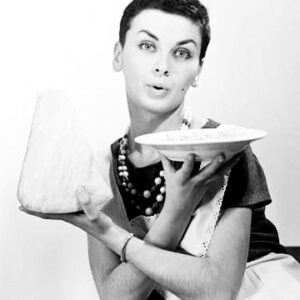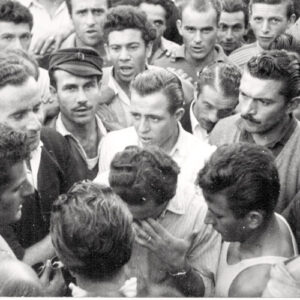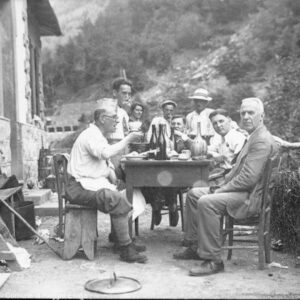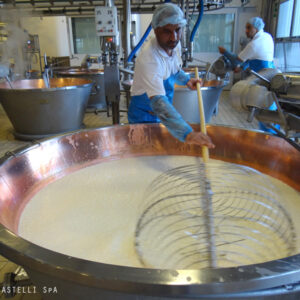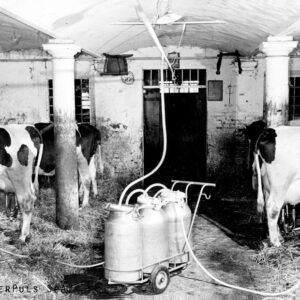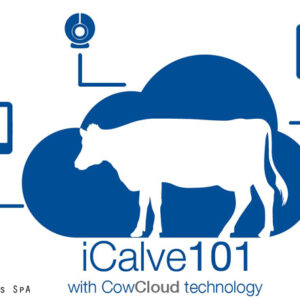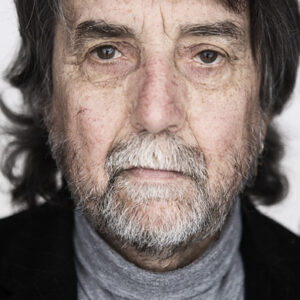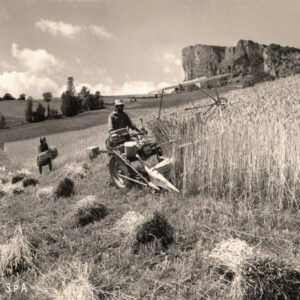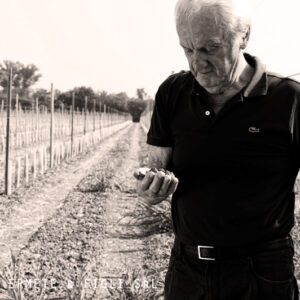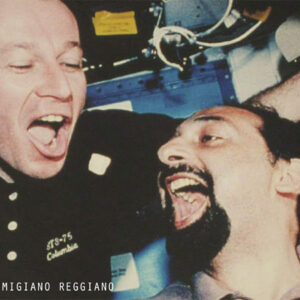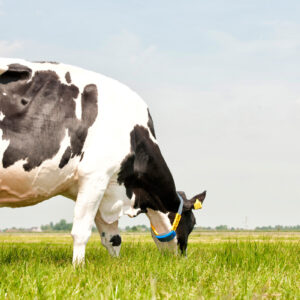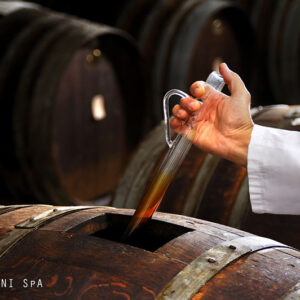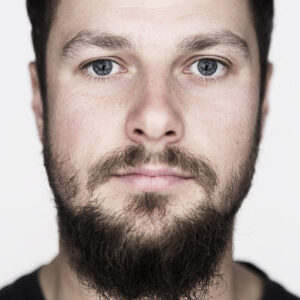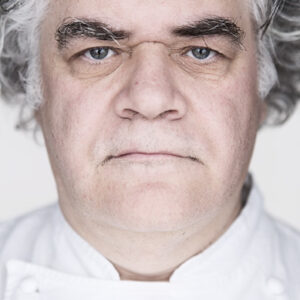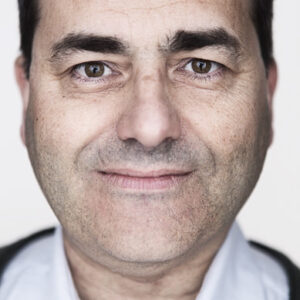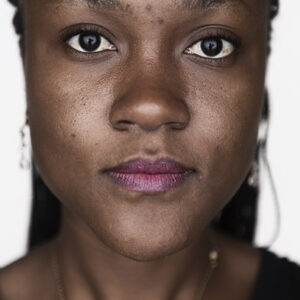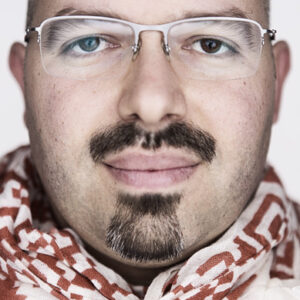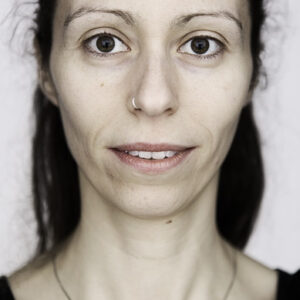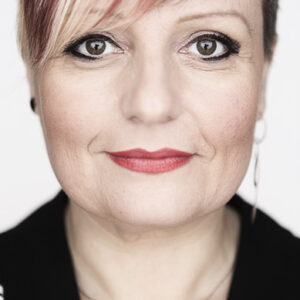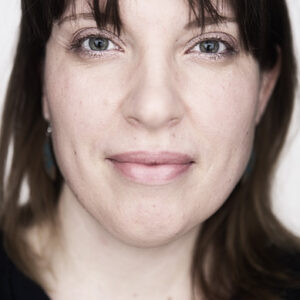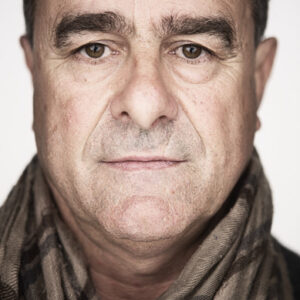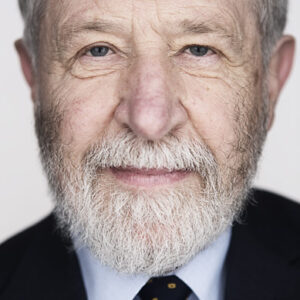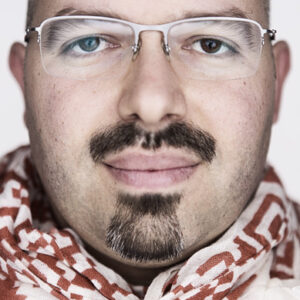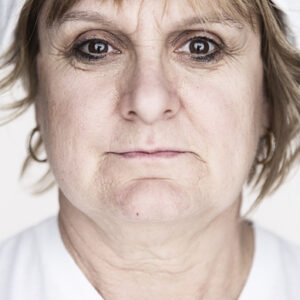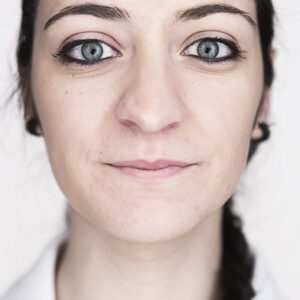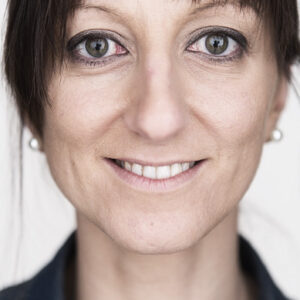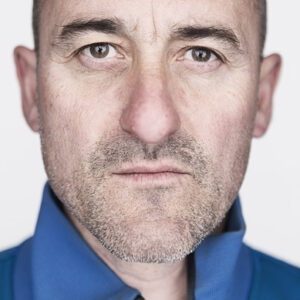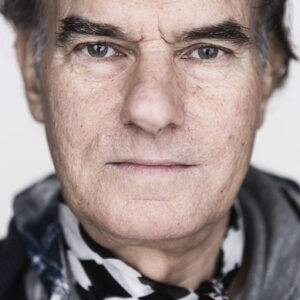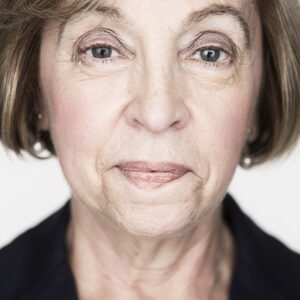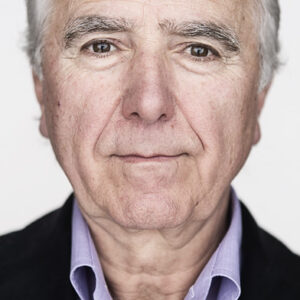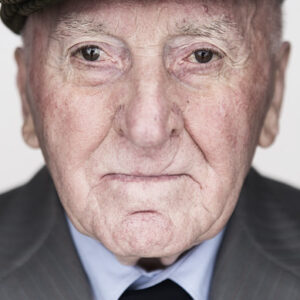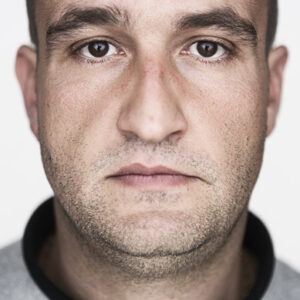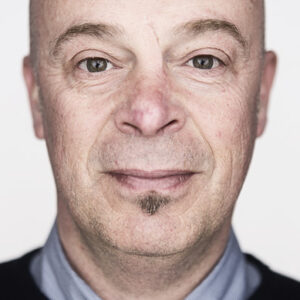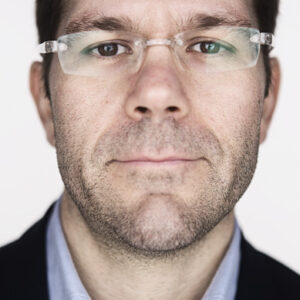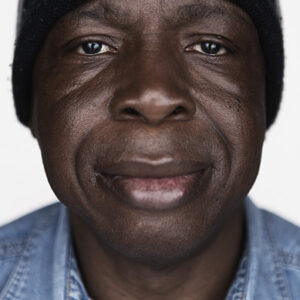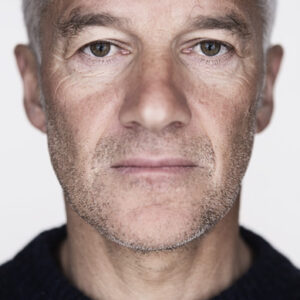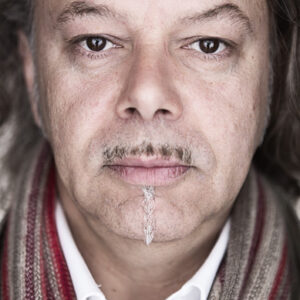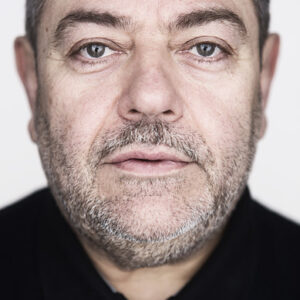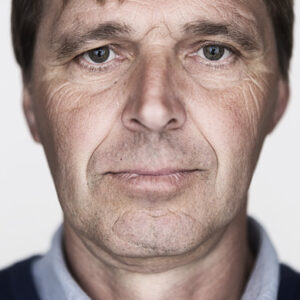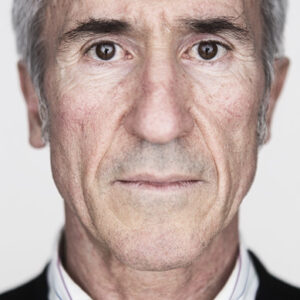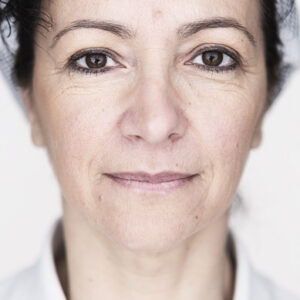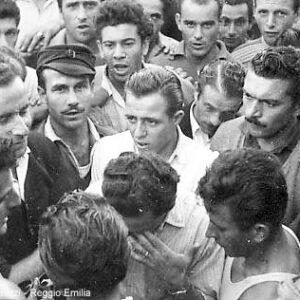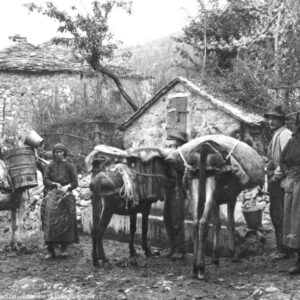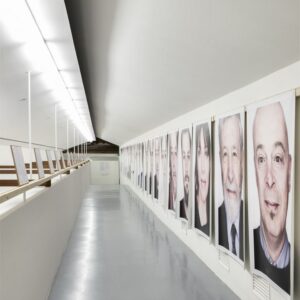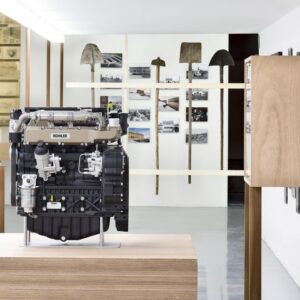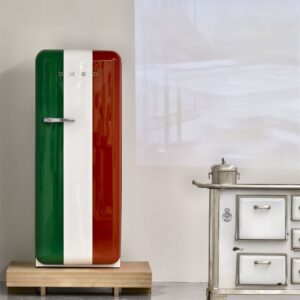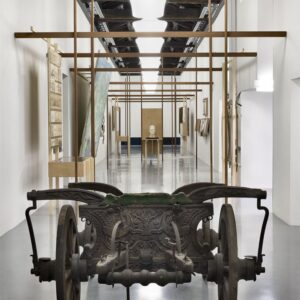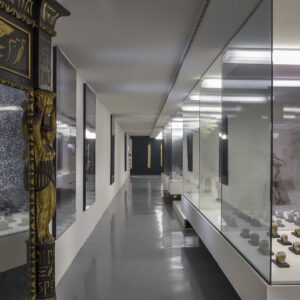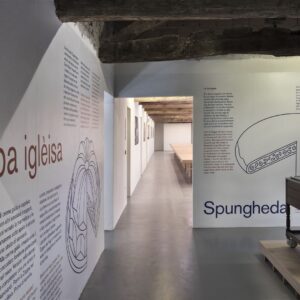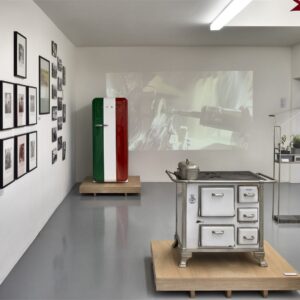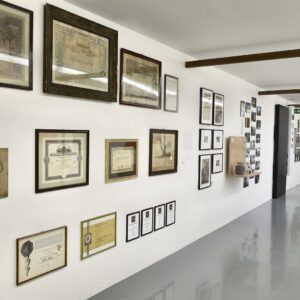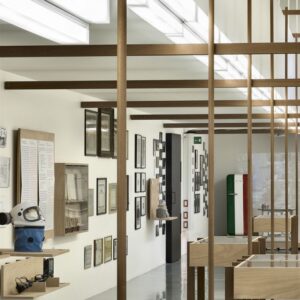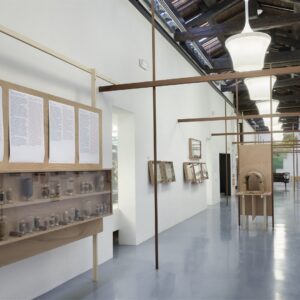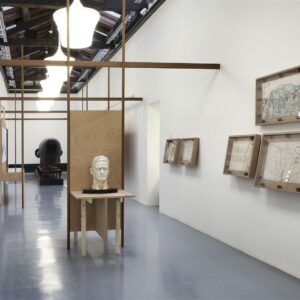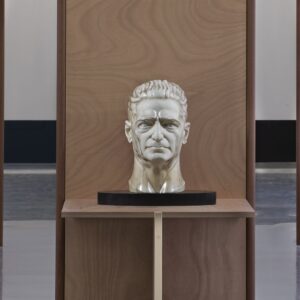NOI
Storie di comunità, idee, prodotti e terre reggiane
Ritratti di un paesaggio
Lenin Montanari
69 anni, agricoltore, poeta, commediografo, anarchico.
«Più che un agricoltore, mi sento un anarchico dell’agricoltura. Sono tornato a fare il contadino a un esame dalla laurea. Volevo restare puro.
Mio padre era un mezzadro, coltivava terra non sua, ed era di sinistra: così i padroni gli davano sempre la terra più difficile. Ma lui era innamorato della terra e quando in Russia l’hanno dato ai contadini, Lenin è diventato il suo mito. Era un uomo intelligente: mentre gli altri agricoltori mandavano i figli a lavorare, lui ci mandava a scuola. Solo che alle medie e al liceo ho avuto difficoltà d’inserimento, il figlio di un mezzadro era emarginato. Arrivavo a scuola vestito male e sudato perché ci andavo in bicicletta. In cinque anni non mi hanno mai passato un compito. Allora la poesia era la mia rivalsa sugli altri, il mio modo di comunicare, specialmente con le ragazze.
La scelta di fare il contadino è stata bella, ma faticosa. Sono stato però un innovatore, perché dal 1999 ho lasciato le mucche libere nella stalla, non legate alla catena. Solo dopo si è visto che, con la stabulazione libera, le mucche producono più latte. Io, però, non l’avevo scelta per guadagnare di più, ma per lavorare meno e avere più ore per vivere, cioè per scrivere e frequentare la gente. Penso di essere stato un po’ il cronista della mia generazione, della reggianità. Gli insegnamenti di mio padre mi sono rimasti dentro e mi sento realizzato, anche perché mi sono fatto un reddito come gli altri. Oggi credo di essere un mito per i giovani, proprio per questa mia trasgressione positiva: io contestavo, ma costruivo. La mia generazione, invece, comincia ad apprezzarmi ora. Forse».
«Rather than a farmer, I believe I am an agricultural anarchist. I went back to farming when I was just a step away from graduating. I wanted to remain pure. My father was a sharecropper, he cultivated the land of other people and he was left-wing: that’s why the landowners always gave him the most difficult land to till. He was a passionate farmer, however, and when he went to Russia they passed him over to the farmers. Lenin became his hero. He was an intelligent man: whilst other farmers sent their children to work, he sent us to school. In secondary school, however, I found it difficult to fit in: the son of a sharecropper was always marginalised. I went to school badly dressed and sweaty because I went to school by bike. In my five years at school, I never passed an exam. At that time, I got my own back through poetry, which was my means of communicating, especially with girls. The decision to become a farmer was great but tiring. I was an innovator, however, because in 1999 I left my cows to roam freely around the cowshed, unchained. Only later did we realise that thanks to free husbandry, the cows produced more milk. I had not decided this to earn more but to work less and have more time to myself, in other words to write and spend time with others. I think I was a sort of reporter of my generation and life in Reggio Emilia. The things my father taught me still guide me today and I feel I have achieved my goals, also because I earn just like other people. Today I think I’m a sort of myth for young people, due to my positive transgression: I protested but I still achieved things. My generation, on the other hand, is starting to appreciate me now. Perhaps».
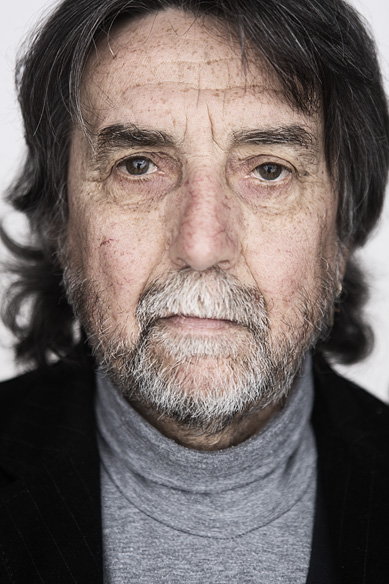
MOSTRA
temi
Noi governiamo l’acqua
Noi lavoriamo la terra
Noi alleviamo gli animali
Noi costruiamo comunità
Noi produciamo futuro
Noi amiamo mangiare bene
Ritratti di un paesaggio

